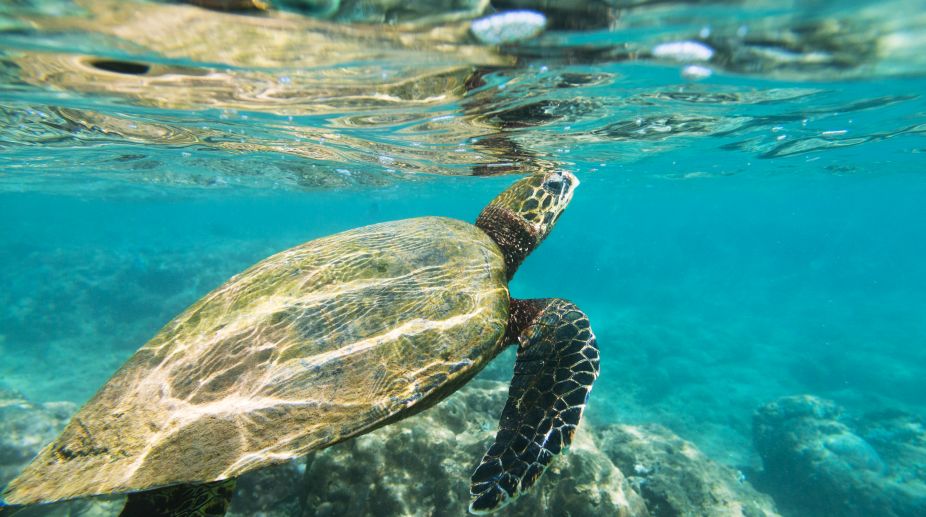Turtle breeding sites are already suffering from the impact of tourism and fishing, but scientists have just discovered that rare leatherback turtles nesting on the shores of Colombia in South America are also being threatened by logging in tropical forests.
Logging debris is hindering the movements of both the hatchlings and their mothers at one of the world’s most important nesting sites, said researchers at the University of Exeter in Britain and the Donana Biological Station in Spain, who published their findings in the journal Marine Ecology Progress Series. To nest and breed successfully, females must be able to cross the sandy beaches to dig their nest to successfully incubate their eggs. In turn, hatchlings must be able to cross the sand unaccompanied to reach the water.
The team monitored 216 turtles, studying how their activity varied with the amount of debris. They found that females, which nested in areas with higher amounts of debris spent more time building their nest and tended to do so closer to the shoreline. This meant they were more vulnerable to flooding, which puts their eggs at risk. Some females were even wounded while negotiating the debris.
The debris also meant it took longer for hatchlings to reach the sea, increasing their chance of being eaten by predators. Professor Brendan Godley, the co-author and director of the Centre for Ecology and Conservation at the University of Exeter, said in a statement that leatherback turtles are already under immense pressure, not only from being caught in fishing nets but also from ingesting marine plastic litter. “It is now paramount that beach clean-up operations are built into logging activities to prevent further damage to this species,” he said.
Lin Yangchen/The Straits Times











